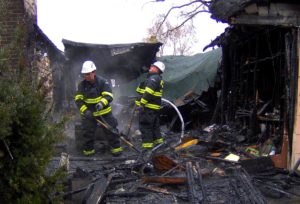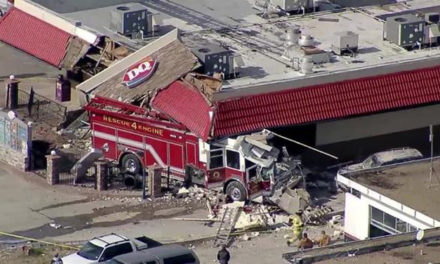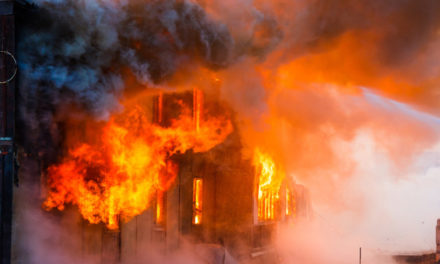
The Appellate Division, Third Department (NY’s intermediate level court, sitting in Albany), last week issued an opinion which, if it stands on appeal, pretty broadly effects the liability of New York fire departments and their underlying municipalities.
The appellate court, in Trimble v. City of Albany, decided November 23, 2016, found a potential for liability in the City of Albany for damages due to a fire which destroyed a home after the initial fire had been extinguished. The fire which destroyed the home was rekindled after the fire department left the scene.
The court found that an action against the City, alleging negligence which resulted in the destruction of plaintiffs’ home, should not have been dismissed. The Fire Department had put out an earlier fire at the premises, and fire department personnel told the plaintiffs that the fire had been extinguished and that the building was secure. Of course, it turned not to be so safe and secure. During the night, when no one was around, the fire rekindled and burned down house.
Normally, a municipality does not have liability for negligence with respect to a governmental function, such as police and fire protection, because the duty to provide the protection is owed to the public at large rather than to any particular individual. According to the Trimble court, however, where a municipality voluntarily undertakes to act on behalf of a specific citizen, who relies on a promise of protection offered by the municipality to his or her detriment, liability will attach because the municipality will have created a special relationship with the citizen seeking protection.
To establish a “special relationship” between the municipality and the plaintiff, the plaintiff must show:
(1) an assumption by the municipality, through promises or actions, of an affirmative duty to act on behalf of the party who was injured;
(2) knowledge on the part of the municipality’s agents that inaction could lead to harm;
(3) some form of direct contact between the municipality’s agents and the injured party; and
(4) that the party justifiably relied on the municipality’s affirmative undertaking.
In this case, the plaintiffs contended that all four criteria were present, culminating in the plaintiffs’ belief that they could leave the premises because the fire was out.
The City had moved to dismiss the complaint on the grounds that plaintiffs’ allegations failed to establish the existence of a special relationship giving rise to a duty of care and, further, that the firefighters on the scene were performing discretionary governmental functions for which liability cannot be imposed. The lower court granted the motion to dismiss, finding that there was no special relationship and that defendants were, in any event, entitled to governmental immunity from liability. But the Appellate Division reversed, deciding that the plaintiffs had raised a triable issue of fact as to whether a special relationship existed, and that therefore the case should not have been dismissed.
“Even if the Department’s actions … simply constituted the performance of a duty owed to the public generally, we are of the view that, by making affirmative representations to plaintiffs that the fire had been fully extinguished and that it was safe to reenter the home, the Department assumed an affirmative duty to plaintiffs…. We therefore find sufficient evidence from which a trier of fact could find that a special relationship existed between plaintiffs and the Department.” (citations omitted).
A search of the case law has revealed no other cases involving negligence for a failing to extinguish an initial fire which rekindled and caused further damage. Perhaps this case will be appealed.
NB – Thanks to Donna Drum, of Drummadvocacy.com, for timely notifying me of this new case!





